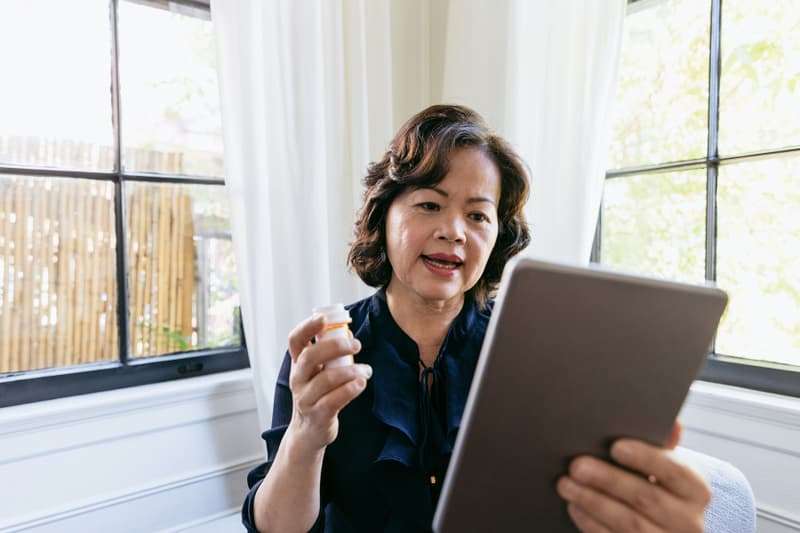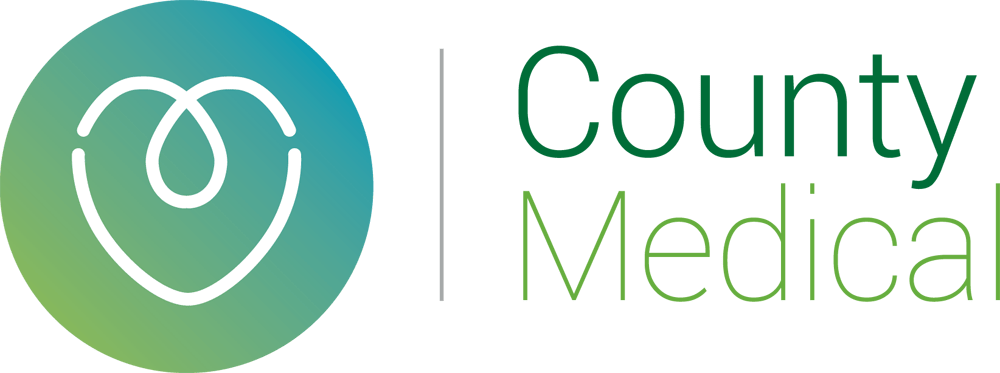How to Get the Care You Need During a Virtual Doctor Visit

For many of us, our doctor’s appointments are being modified to “virtual visits,” whether that’s a video visit via webcam or a conversation on the phone. This might make sense to those of us who are a little nervous about going into a health care setting right now due to concern about exposure to COVID-19.
I know this is the case from my own experience. I’m in my 3rd trimester and recently had a fall in my driveway. I’m not sure how I landed, but my 6-year-old is pretty sure I was belly down at some point. Along with the fears of injuring my baby, I was immediately concerned about having to go in to be evaluated. I lay in bed for hours, counting kicks, timing contractions, monitoring for bleeding and asking myself over and over again questions like: Should I call my doctor? Would they tell me to come in to be evaluated? Would I be burdening the health care system? Would I put myself at risk for getting sick from COVID-19? Or would they try to manage this over the phone?
Many of us are asking ourselves these questions when we are injured or feeling sick. It can be frustrating even if you aren’t sick, especially if you have been waiting for months for a face-to-face appointment with your doctor.
But remember, the difficult decision to conduct some appointments virtually is being made to slow down the spread of COVID-19, protect patients from exposure to sick patients in the clinic or hospital, and to preserve the crucial supply of personal protective equipment that healthcare providers so desperately need right now.
There’s a lot that can be accomplished during your virtual visit, but you’ll want to prepare to make sure all of your questions are answered.
Virtual visits for routine care
Many primary care providers and specialists are conducting virtual visits for regular follow up appointments and new consultations. The goal is to stay in contact with patients who may have chronic illnesses, ask about new or worsening symptoms, adjust the treatment plan as needed, and ensure that all medications are up to date and that refills are available as needed.
Here’s how you can prepare for these visits:
- Make sure you have a list ready with ALL of your questions. Any new symptoms you are worried about? Any changes in how you are feeling? If you have been tracking your blood pressure, weight or blood sugars at home, be ready to share that information.
- Have your prescription bottles at your side so you can review everything that you are taking (including over the counter medicines, herbs, and supplements). Make sure to inform your doctor about the doses, frequency, and any side effects you may be having. If you are running low on refills, let them know that as well. If there are any changes to your medications, ask when you should follow up to make sure they are working as they should.
- Ask about follow up visits. When does your doctor want to follow up with you? Will it be another virtual visit? Are there labs or tests that you will need to come in for? Can they all be scheduled on the same day? Are there special precautions you should take if you need to come in for a face-to-face appointment?
- Be proactive and ask “what if…”. What should you do if you are feeling sick or if you are injured? Are there symptoms that require urgent follow up? Any symptoms that require emergency care?
Virtual visits in the event of an injury or illness
You should definitely call your doctor’s office if you are not feeling well or have an injury that you are concerned about. This can help them decide the best place to care for your needs. Depending on what you’re experiencing, they may be able to give you advice about self-care at home, a time to come in to the office to be seen face-to-face, or they may advise you to seek emergency care.
You can prepare for these calls:
- Inform the helpline of all your symptoms, including temperature, blood pressure, heart rate and any parameter you have measured.
- Let them know what you’ve done to treat yourself (if anything) and what the outcome was.
- If the doctor advises you on how to manage your symptoms at home, make sure to ask about plans for follow up and symptoms you should watch for that would require immediate evaluation.
Virtual visits if you are concerned you may have COVID-19
If you are concerned that you have the symptoms of COVID-19, or you’re not feeling well after having been exposed to someone that has it, it is critical to call your doctor’s office (or emergency room for severe symptoms like difficulty breathing) before you show up.
Your doctor will advise you about the best place to manage your symptoms (whether it be at home, the office, or emergency room), and calling ahead ensures that other patients and health care providers are protected from being exposed to COVID-19.
- If you are having symptoms like fevers, dry cough, and/or shortness of breath, let your doctor know immediately. For mild symptoms, including sore throat, fatigue, muscle aches and pains, nausea, diarrhea, and upset stomach, it’s also good to let your primary care doctor know, especially if you live in an area with a lot of COVID-19 cases, and to stay away from others while you monitor your symptoms.
- Make sure you have a plan for follow up if your doctor advises you to manage your symptoms at home.
- Ask how you can protect others in the home from getting sick as well.
Even without a face-to-face visit, it’s important to realize that health care providers are doing the best they can to care for everyone in the most appropriate place and way that they can. They are also still figuring out best practices, so try to be patient.
As for me, I finally called my OB’s office about my fall. It was an incredibly helpful virtual visit – but they told me next time I need help, I should call sooner.

 Previous Post
Previous Post Next Post
Next Post